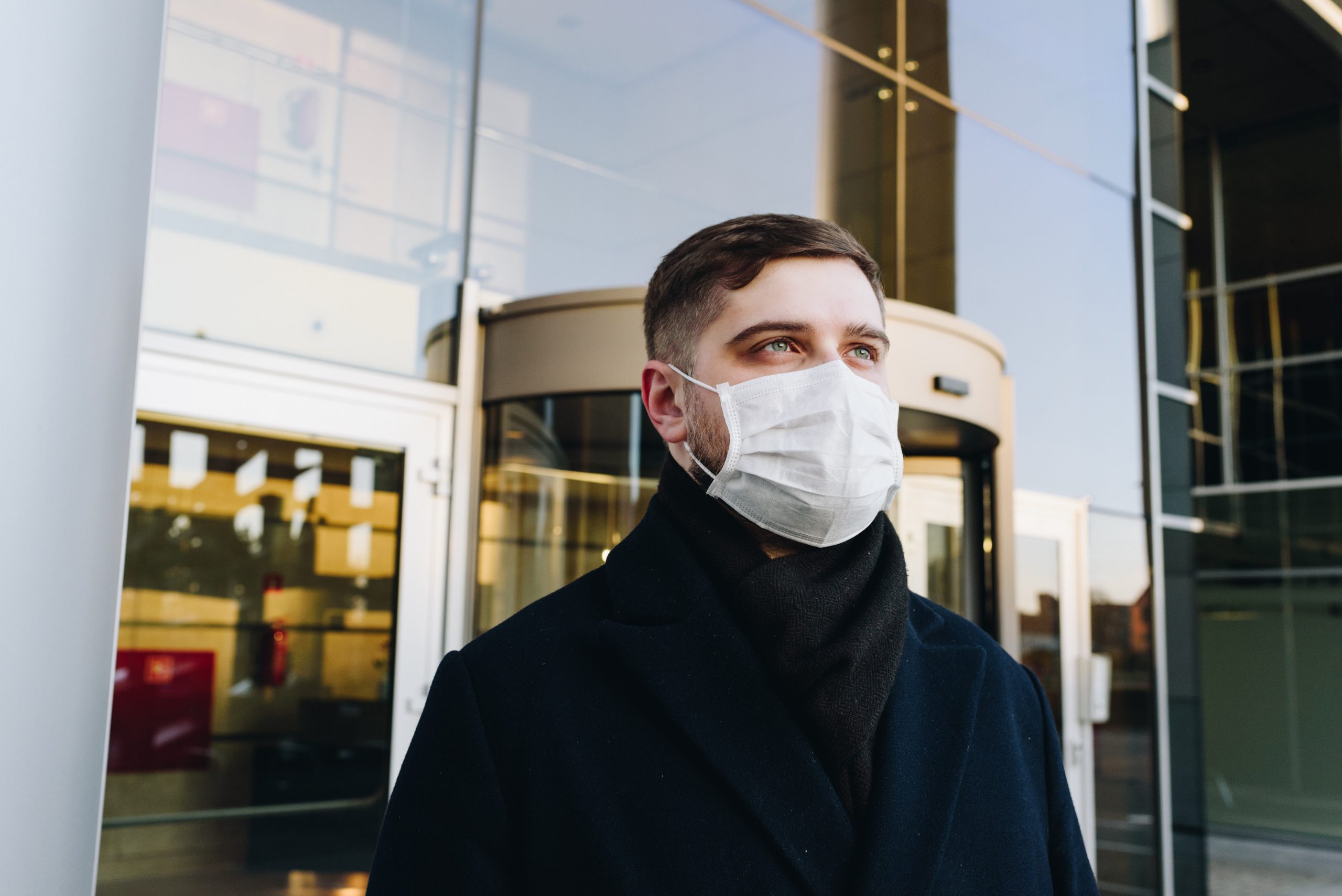Vaccine Hesitancy: To Have or To Hold on the COVID-19 Shots
By: Michael Toohey, Psy.D. | March 5, 2021

After nearly a year of quarantine, COVID-19 vaccines are now available, representing hope for many while leaving lots of folks feeling hesitant and reluctant about receiving them. I was one of those folks. Over the past year, however, I followed the science and reviewed the data, which over time alleviated my doubts. By the time you read this, I will have had my second Moderna dose and enjoy full vaccination against COVID-19. This article addresses concerns that I had about getting the shots.
Cathy Cassata posted an article on healthline.com that captured the issues that led to my hesitancy. She identified four myths and beliefs about COVID-19 vaccines while offering insights about common concerns people have.
1. The technology used is too new
I did not know about or understand the method for creating the Pfizer and Moderna vaccines, even though the technology has existed for ten years. Physicians have used the technology for several years to treat certain types of cancers and primarily for other coronavirus infections.
The vaccines use mRNA sequences that cells recognize as if the body had produced them therein. Specific proteins on the surface of the COVID-19 virus make it identifiable to the human immune system. The vaccine enters a cell and causes the cell to produce the protein; this protein stimulates the body’s immune system, which recognizes the protein and then destroys it. Once fully vaccinated, if a person encounters the real COVID-19 virus, the immune system kicks in, attacks it, and immediately destroys it, thereby preventing the person from getting sick.
2. It was created too quickly
I personally did not know of any vaccines that took less than four or five years to develop. Even though this vaccine required ‘warp speed,’ its development followed all necessary protocols for safety. Eliminating red tape reduced the time from development to deployment while adding technology and the necessary funding. The vaccines went through all three testing phases, including over 37,000 people in Phase 3. Leading experts from around the world scrutinized the vaccine trial data with overwhelming support, and the vaccines have been approved for emergency use by health oversight agencies from multiple countries, including the United States.
One of the largest factors in my deciding to get vaccinated has to do with Dr. Anthony Fauci. I learned of his name and expertise over 35 years ago because of his work in HIV/AIDS. He’s a scientist, and I trust him.
3. We don’t know all the side effects
We know to expect side effects, and they occurred for me when I got my vaccines including a sore arm, fatigue, and a headache, which felt worse with my second dose than with my first. I knew to expect some side effects because they happen when I get my yearly flu shot too. These side effects show that my immune system is kicking in and getting to work. And, I would much rather have these mild symptoms than a full blown COVID-19 infection.
4. I’ll get the virus from the vaccine
I dismissed this idea easily after I learned how scientists created the vaccines and how they differ from older vaccines. COVID-19 vaccines do not have the live virus in them, so they cannot give you the virus. None of the vaccines in development contain actual COVID-19 in a form that can infect a person with the disease.
Will I still wear a mask and practice social distancing even though I received the vaccines? Absolutely! One question the research and data have not yet answered is whether a vaccinated person who encounters the virus can transmit the virus to someone else while their body fights it off. For me, wearing a mask was always about protecting others, so until that question has been fully answered, I will wear a mask when out and about.
Your concerns
What concerns you the most? Have you shared these concerns and questions with your doctor? Write down the reasons for your hesitancy and schedule an appointment with your medical provider instead of scrolling through the internet. You can also schedule an appointment, or make one for the first time, with a therapist at Therapy Changes to work through and address any concerns you may have around vaccine hesitancy.
Photo by Anastasiia Chepinska on Unsplash



